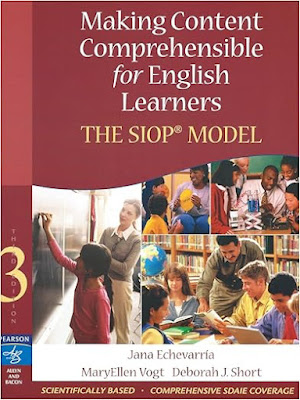From my reading of Before the Muses: An Anthology of Akkadian Literature Edited by Benjamin R. Foster
Links to Stuff mentioned:
* Assyria: The Rise and Fall of the World's First Empire by Eckart Frahm: Book Review: https://youtu.be/R8Igl5zP7iU
* Vaticinium ex eventu: https://en.wikipedia.org/wiki/Vaticinium_ex_eventu
* World History Encyclopedia: https://www.worldhistory.org/article/990/the-marduk-prophecy/
Related Playlists
* Classic Books Playlist: https://youtube.com/playlist?list=PLOY-0V_l_9x53EsuWSZ-z0uFGL_0Jl6F1&si=giDKwvKMzCWtXvzl
* Book Review Playlist: https://youtube.com/playlist?list=PLOY-0V_l_9x7dao6py7ODX_PkUvrAEch7&si=kiFeTonJJ3Ux5H1T
* Books I read in 2025: https://youtube.com/playlist?list=PLOY-0V_l_9x7Fev7Uv6_tzuSf84LtYwQu&si=Im1rdozRXrgGnr99
* Babylonian / Akkadian Literature Playlist: https://youtube.com/playlist?list=PLOY-0V_l_9x5BtyzrSv3NMPA3VpzLIuq8&si=x0yeQPCkXyxtPCr4
* Before the Muses: An Anthology of Akkadian Literature Playlist: https://youtube.com/playlist?list=PLOY-0V_l_9x4Cvg1Yw4LQyKEXIwDwo1m0&si=X6OZ7Ectw-fzHbCn
* Akkadian Literature: The Mature Period 1500-1000 BC Playlist: https://youtube.com/playlist?list=PLOY-0V_l_9x545tikwEDqcgD_qmFqtLUF&si=XlI2gaYNnh1HGPyf
I was able to read this book thanks to the Michigan statewide state-wide interlibrary loan service called MeLCat, which may be in danger thanks to a Presidential executive order. If you, like me, enjoy using MeLCat, contact your local representatives and let them know.
Did you enjoy this review? Consider supporting me on Ko-fi: https://ko-fi.com/joelswagman
Support me on Patreon: https://patreon.com/JoelSwagman
Check out this book on Amazon: https://amzn.to/4k08VgZ (This is an Amazon Associate's Link. If you buy anything through that link, I get a commission.)














